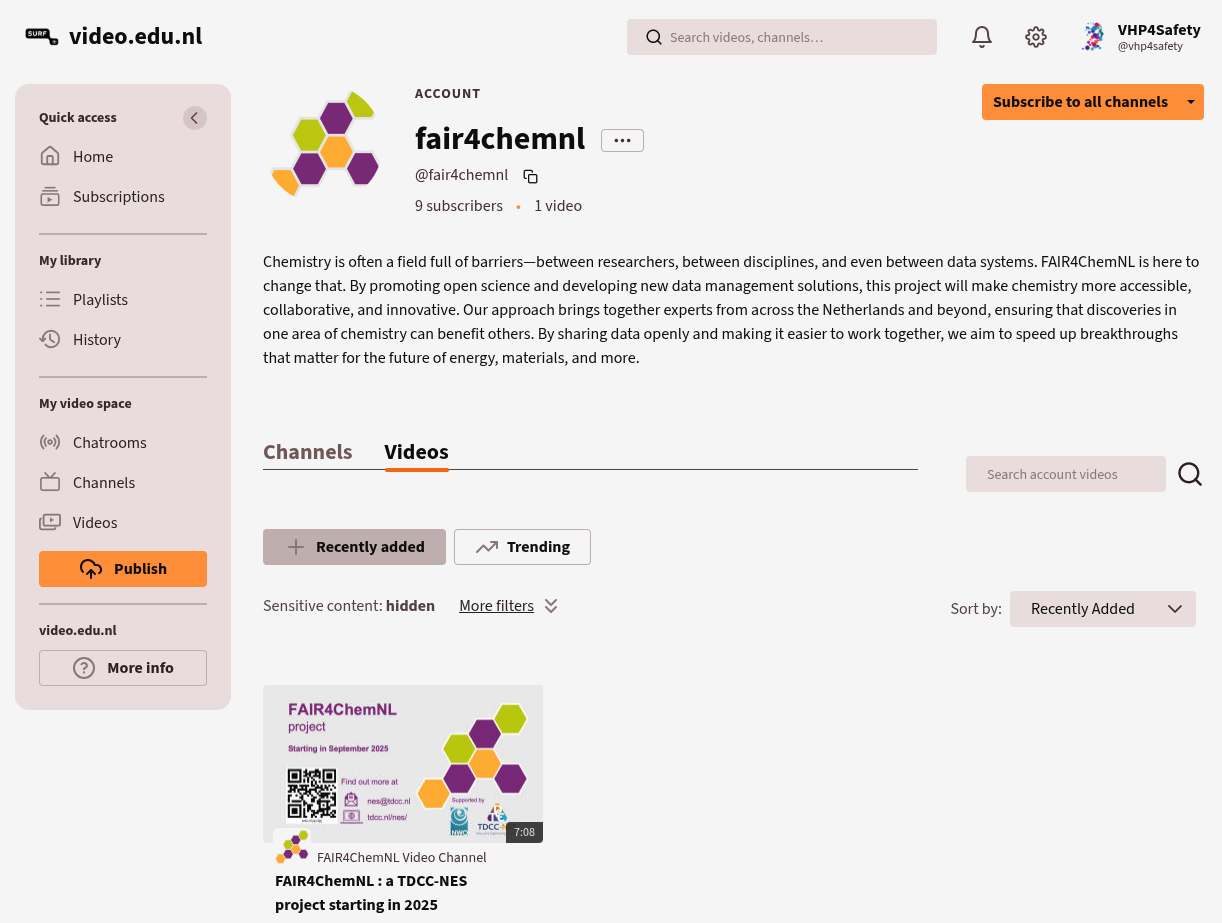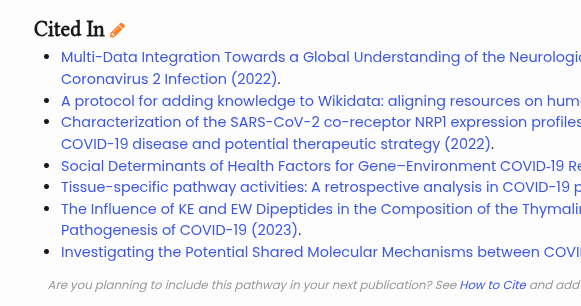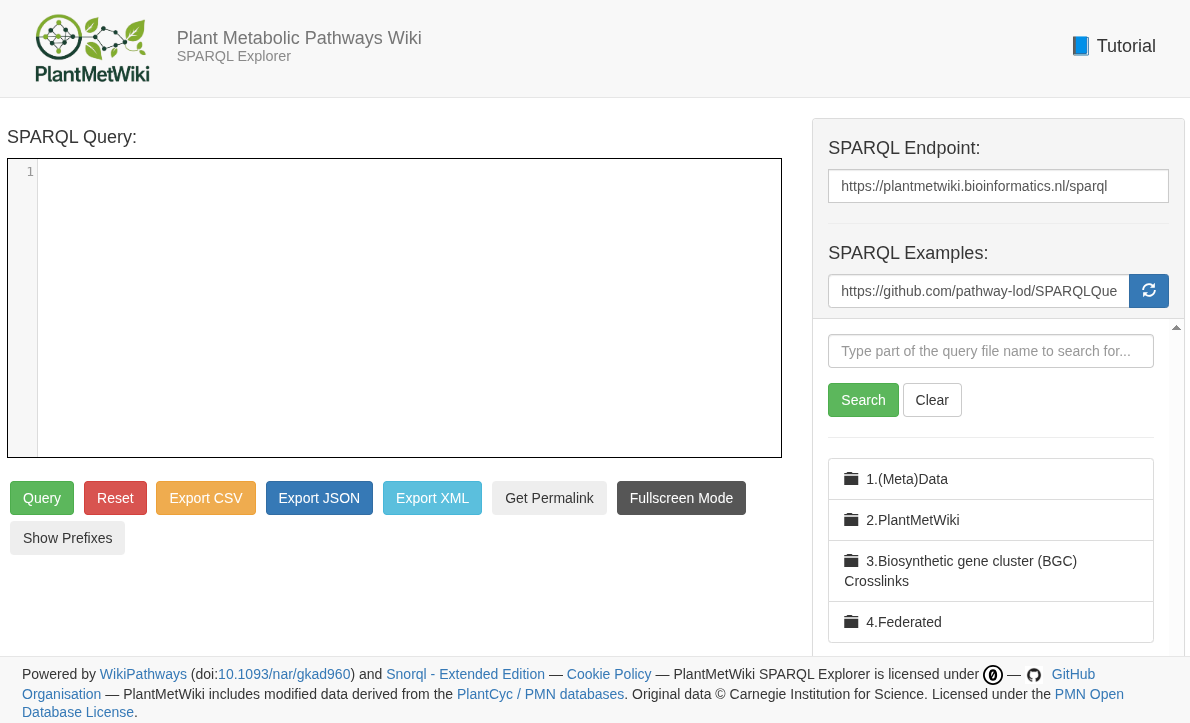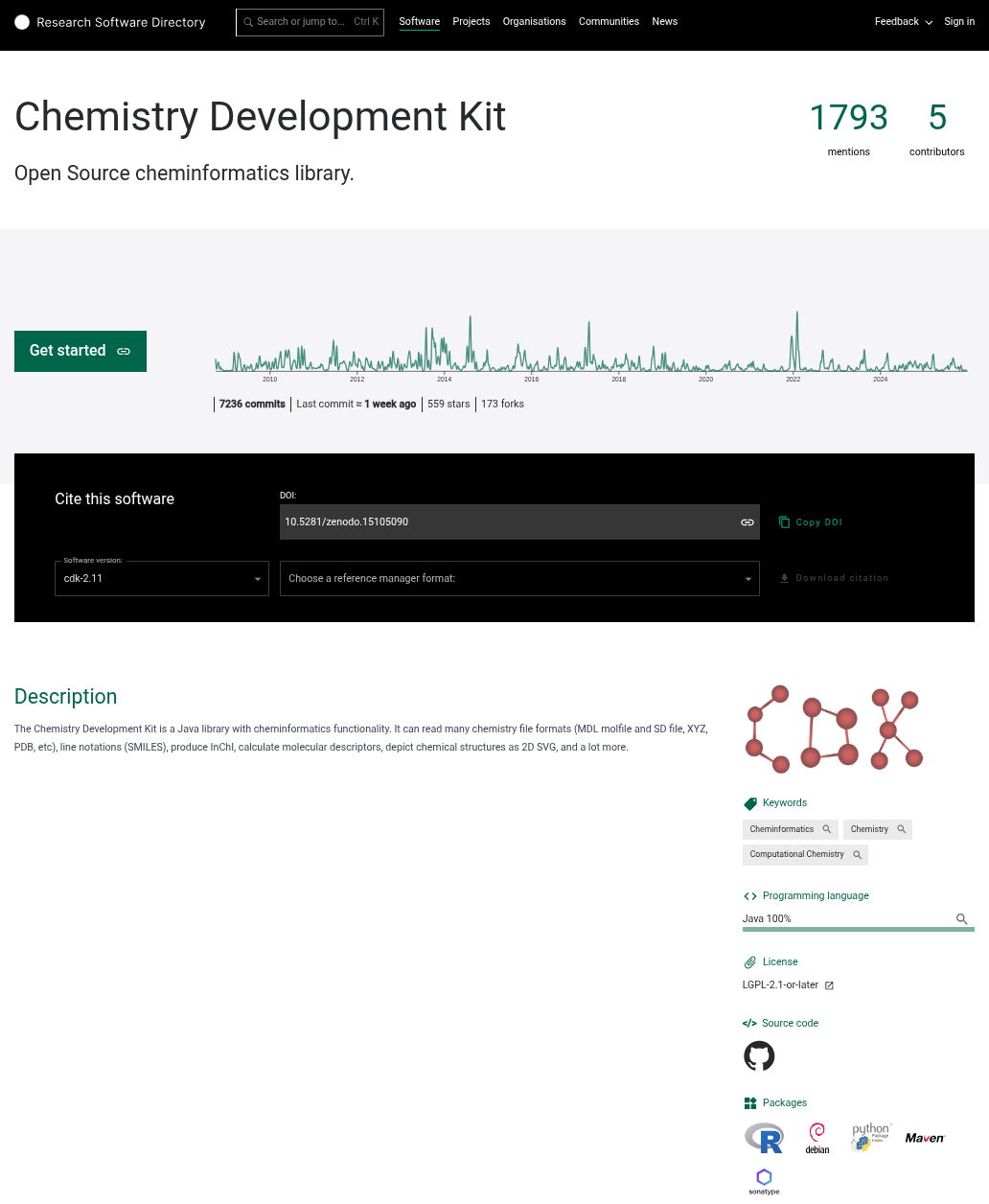-

Open Infrastructures #2: the SURF Fediverse
When I first started writing this post, I started writing up why scientific communication is important, but because I started explaining what needs improving, and what are underlying causes why change is not happening, it got dark pretty quickly. So, I deleted that essay again. Instead, let’s just enjoy the awesome and long list of solutions we have for scientific discourse. Readers of my blog can find many posts in the past 20 years about the diversification. One thing I will say before I move one, is a reply to the argument that journal-based peer review is essential to the quality of research: if the quality of your research is dependent on your peers, then please rethink why you are doing research. -
Chemical blogs history
Like many awesome internet phenomena, blogging started in the late nineties. Nature authors and editors recognized the effort early. In 2006 there were already more than 45 million blogs, and at least 50 science blogs made it in the top 50,000 and 5 in the top 3,500. -

Where does the WikiPathways Cited In information come from?
I have been wanting to blog about this since this summer, but with everything going on, I never really got around to it. What is this Cited In feature of WikiPathways and where does that information come from? If you have not noticed this yet, this is what it looks like for WP4846: -

PlantMetWiki: a linked open data service for querying and analyzing plant pathway knowledge
Back on October I presented Everything you always wanted to know: plant pathway modelling in WikiPathways (doi:10.5281/zenodo.18149988) at the Knowledge Graphs for Plant and Microbiome Multiomics symposium (see this archived LinkedIn post) on 14th October 2025 (youtube recording). I had not found time yet to post about this meeting, but it was an awesome list of speakers, regrettable absense of some others, but resulting in new contacts and some slowly evolving collaborations. -
Rescuing Scholia #2: getting closer
Three weeks ago, I wrote a the post Rescuing Scholia: will we make it in time?, where I sketched a future without Scholia. Scholia, started almost 10 years ago and I think it is worth keeping around longer. -
Rescuing Scholia: will we make it in time?
What started out in 2016 on Twitter became a (small) award winning decade long collaborative project. Unfortunately, the future is not clear. We are at odds if it will survice the growth of Wikidata and in particularly the SPARQL graph split. To be clear, the choice for Blazegraph initially worked great, but after it was bought by a big company, developed halted. Very unfortunate for Wikidata. Unlike earlier, we no longer have funding, and rewriting Scholia at this scale takes a good bit of effort. We already held a few hackathons.
- •
- 1
- 2
